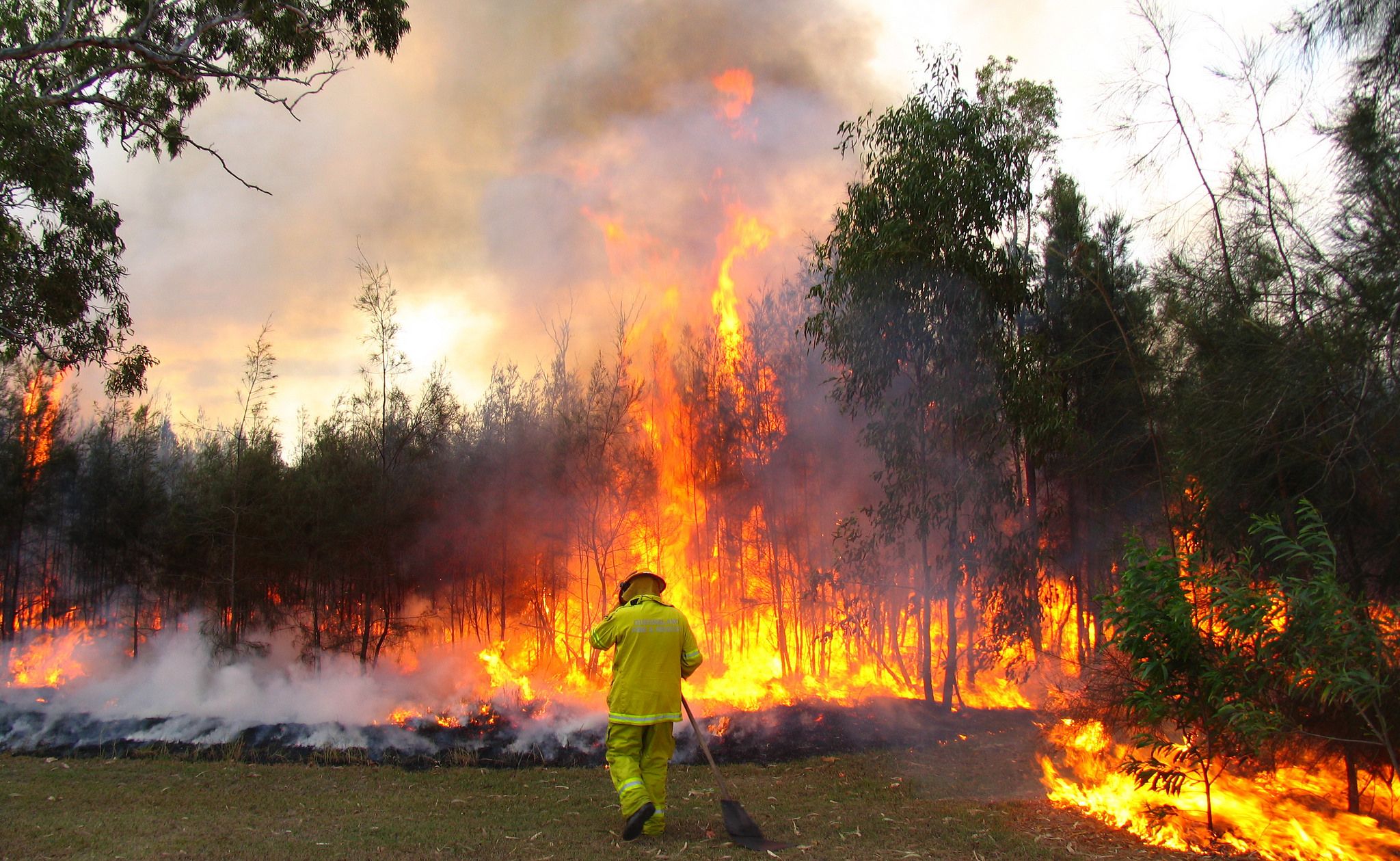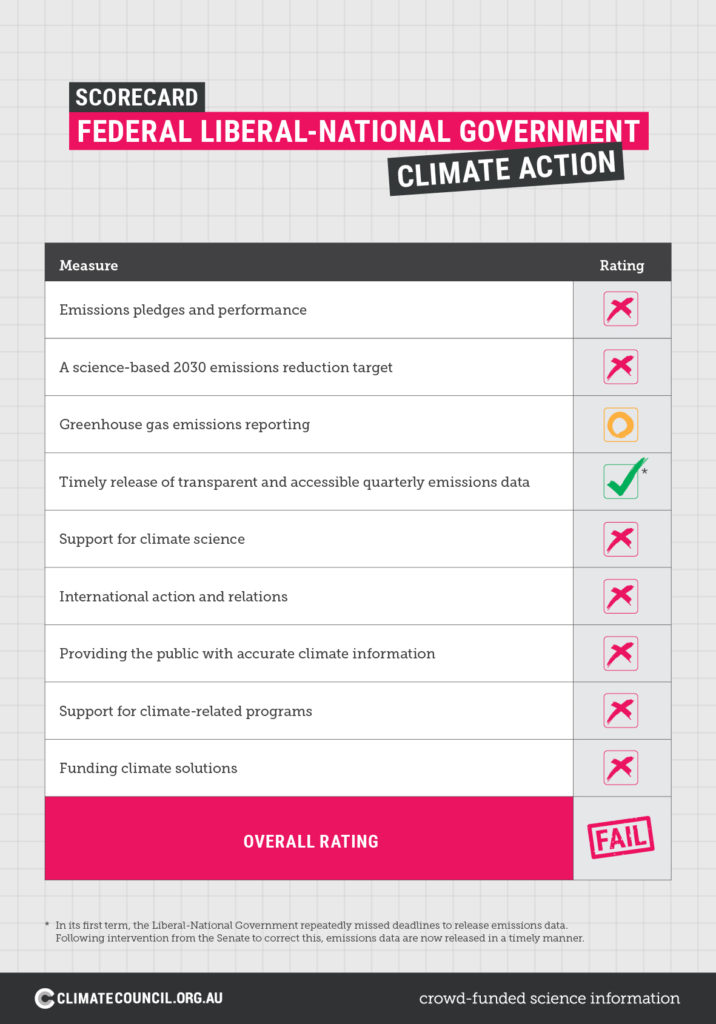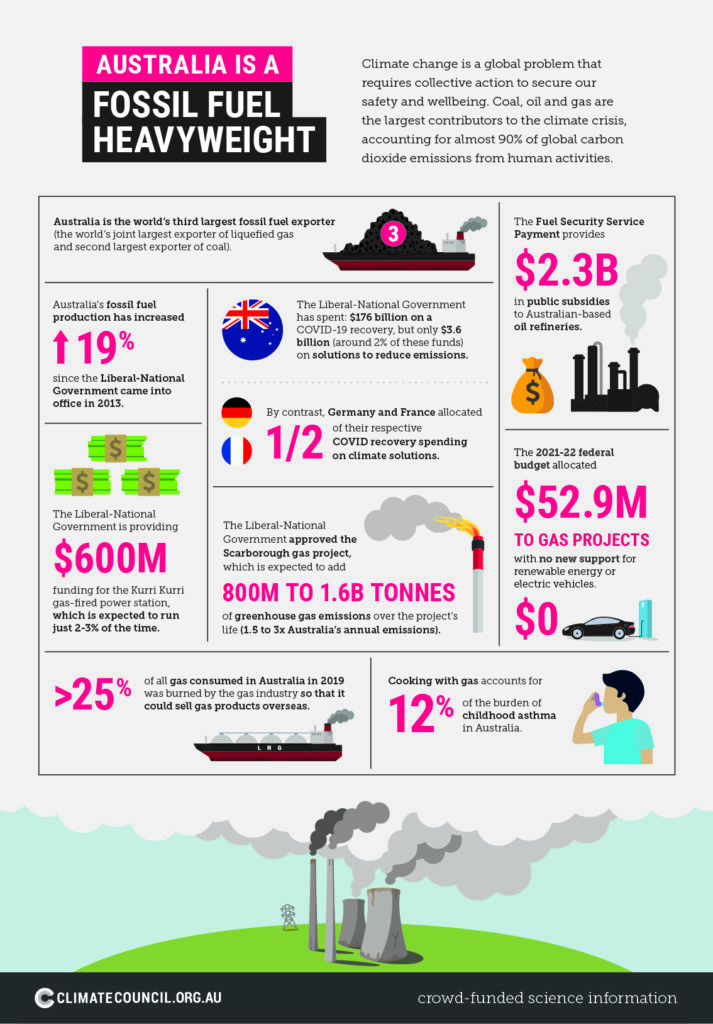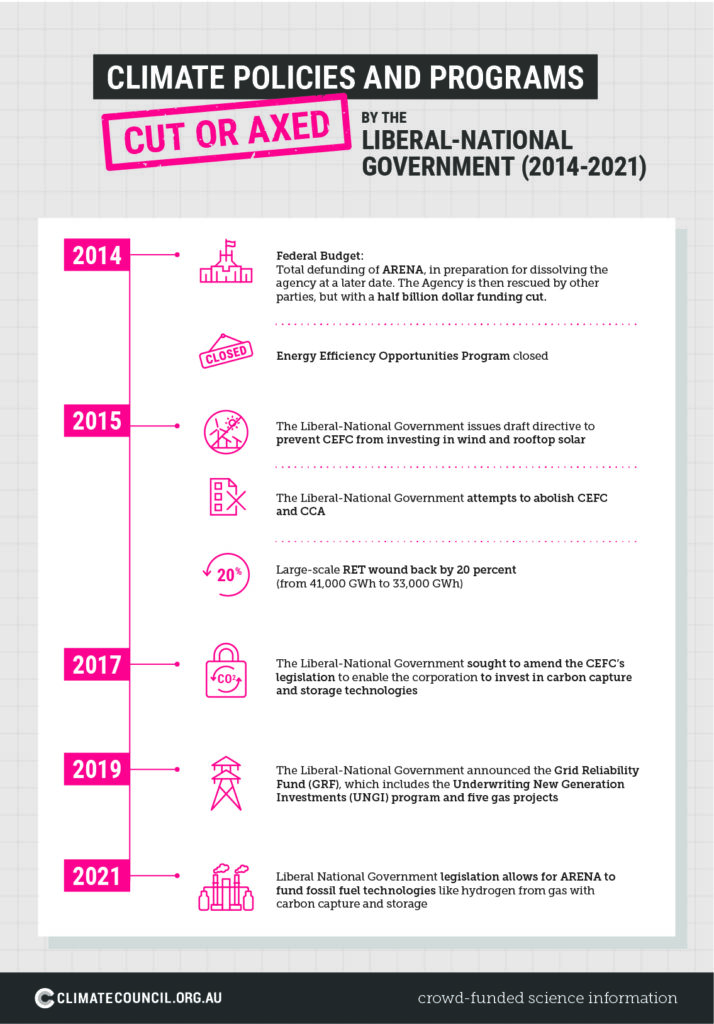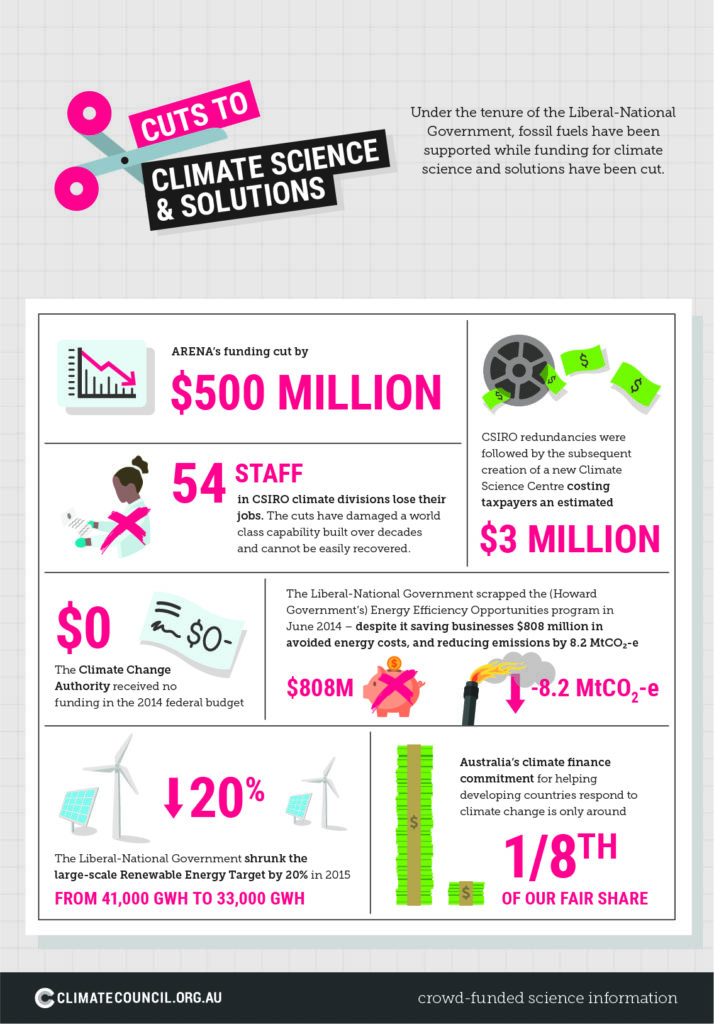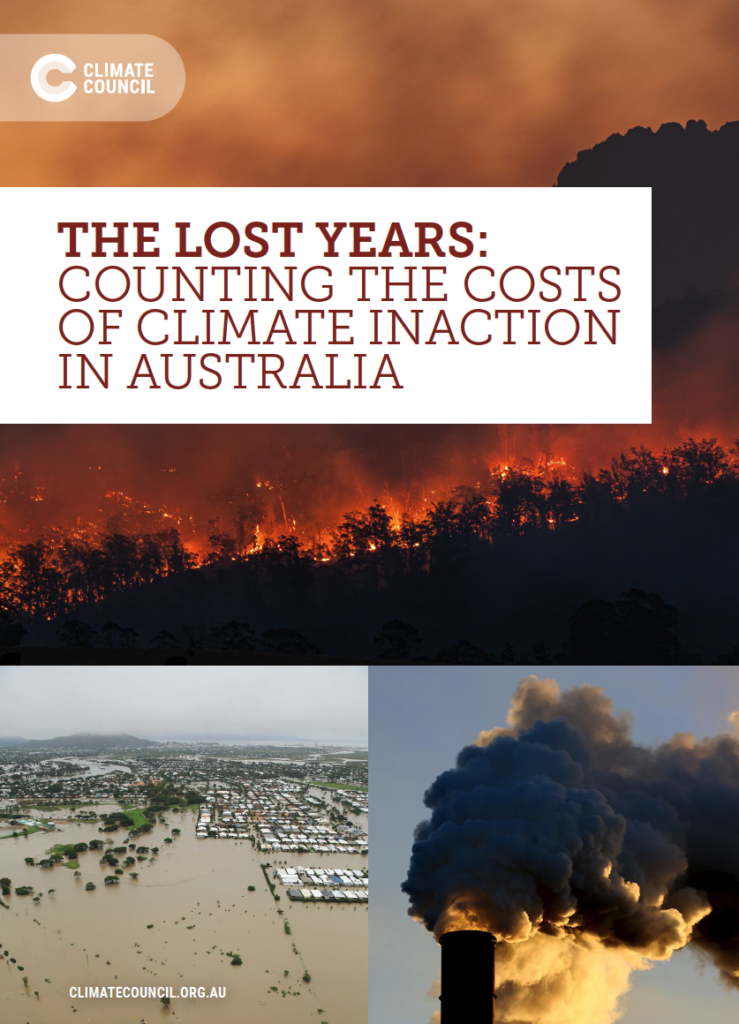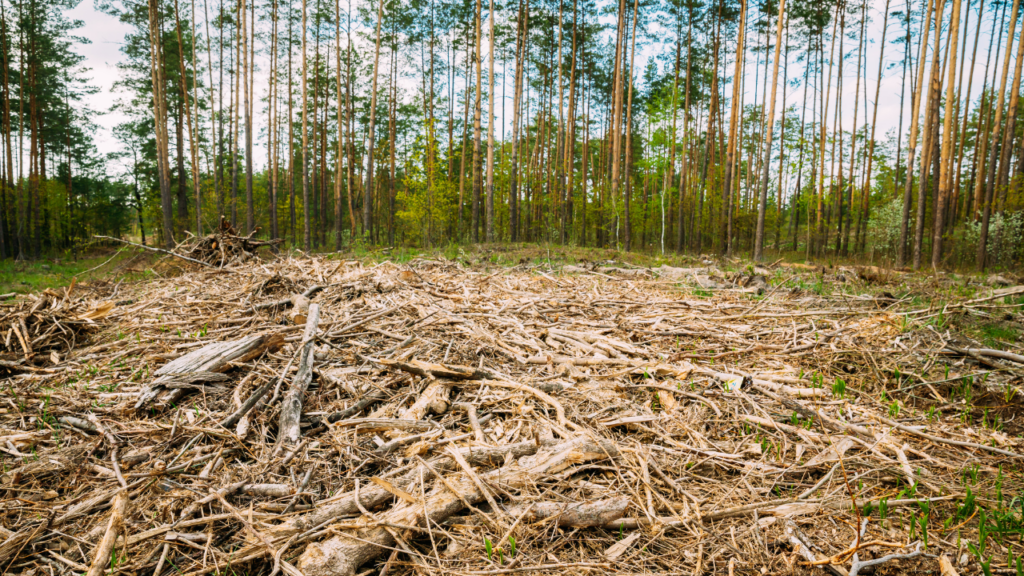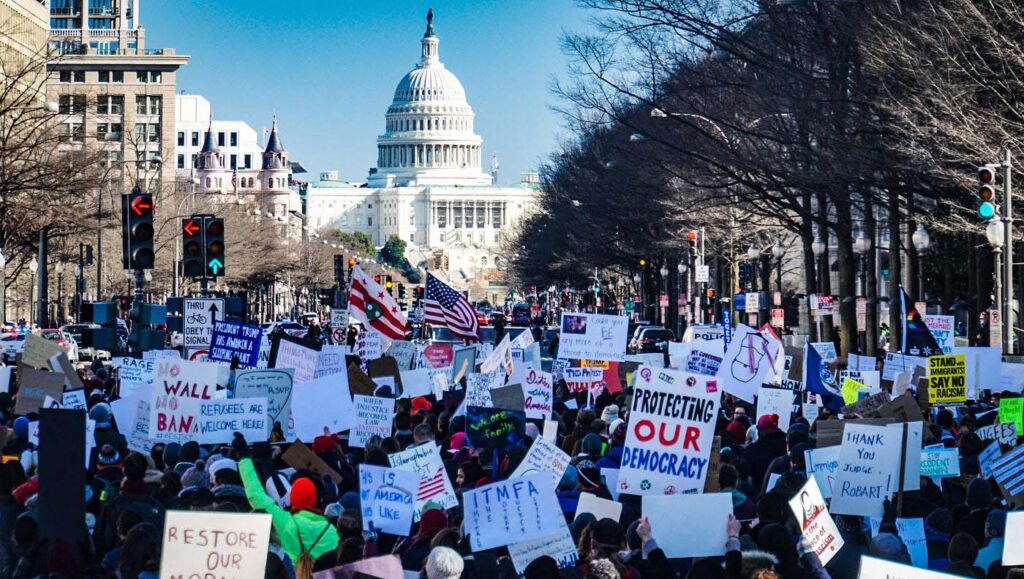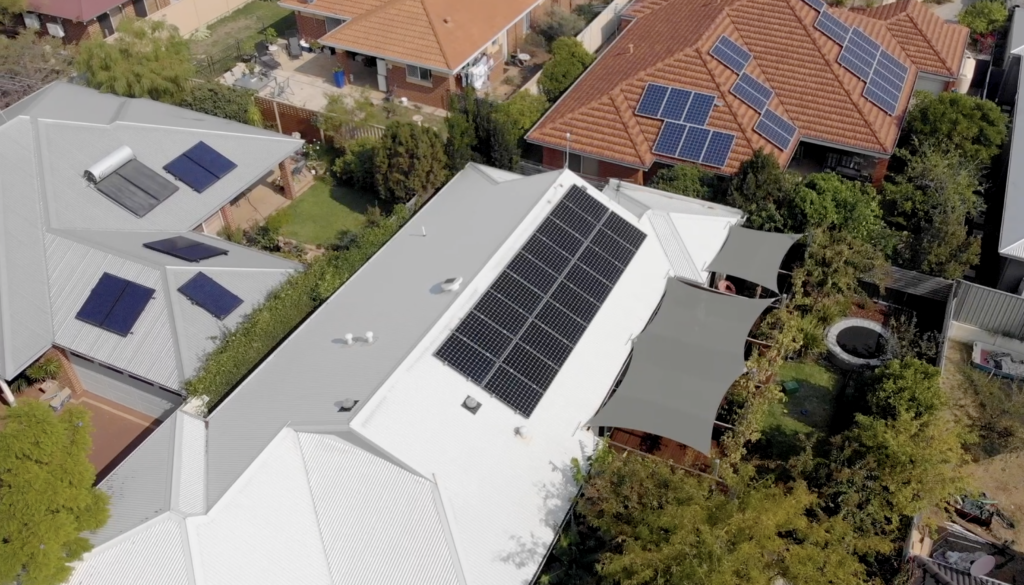A lack of climate action at the national level is a defining leadership failure of the past eight years. Australians are living with the everyday consequences of this, and we must work quickly to prevent catastrophe.
The Climate Council’s new report “The Lost Years: Counting the costs of climate inaction in Australia” provides a detailed overview of the Federal Government’s approach to climate change since the election of the Liberal-National Coalition in 2013. The Climate Council has assessed the Federal Government’s climate performance over the past eight years in detail and finds there’s been a complete and catastrophic failure to act on the climate crisis.
When asked to rate the government’s performance on climate change and response to worsening extreme weather events, everyday Australians gave an overall 3 out of 10. One in four (26%) surveyed rated the Morrison Government a 0 for ‘not doing anything at all’.
The past eight years have been characterised by cuts to climate-related funding and effective programs, the rejection of advice from scientists and both national and international expert bodies, a lack of credible climate policy and claims that mislead the public on what’s being done as well as what’s possible.
Australia’s next Federal Government must adopt credible climate policies as a matter of extreme urgency.
Key Findings
1. The Climate Council has assessed the Federal Government’s climate performance over the past eight years in detail and finds there’s been a complete and catastrophic failure to act on the climate crisis.
- The Liberal-National Government’s attacks on science have been frequent, wide ranging and debilitating, including on our premier national science agency. Starting in 2014, significant cuts were made to CSIRO, reducing Australia’s climate science capacity, crippling our ability to understand the risks and impacts of climate change to Australia, and diminishing our contribution to the global climate science effort.
- Throughout its terms of Government, the Coalition has scaled back or cut effective climate change programs and agencies, and failed to put any effective alternatives in place. Of the almost $180 billion Australia spent on COVID recovery efforts, around 2 percent will help cut emissions. In contrast, Germany and France allocated half of their respective COVID recovery spending to climate solutions.
- This Government appears averse to expert advice and credible climate information. It has repeatedly rejected the advice of domestic and international bodies and consistently covered up poor performance, with many of its Federal Ministers making misleading claims and offering false solutions.
- This Government has shirked its international obligations by setting weak targets, refusing to raise them, undermining cooperation between countries and obstructing United Nations negotiations. This pattern of behaviour has cemented Australia’s reputation as a global climate pariah.
2. A lack of climate action at the national level is a defining leadership failure of the past eight years. Australians are living with the everyday consequences of this, and we must work quickly to prevent catastrophe.
- Climate change is accelerating, and Australia’s overall contribution to this crisis has substantially increased under this Government. Since 2013, fossil fuel production has expanded by 19% with a negligible reduction in our national emissions. Delaying action has not made the problem go away. It has only shortened the time we have to reduce emissions to avoid catastrophic outcomes, and made it harder to do so.
- Australia squandered earlier opportunities to reduce greenhouse gas emissions and decarbonise our economy in the cheapest, most gradual and effective ways. With our abundant renewable energy potential, virtually no other country on Earth is better placed to prosper in a world beyond fossil fuels.
- The ability of Australian communities and first responders to cope with worsening and compounding extreme weather events is being tested. Our country is woefully unprepared for what’s here and coming, with the conditions that drove the 2019-20 bushfire disaster likely to be “average” by 2040.
3. The Federal Government has covered up poor performance with misleading claims, dubious accounting and censorship.
- Australia is among the worst performing developed countries when it comes to cutting emissions and moving beyond fossil fuels. The Liberal- National Government has made misleading claims and selectively used data in efforts to persuade Australians and the international community that it is doing more than it is.
- The Government uses its power and influence to prevent an accurate assessment of the Great Barrier Reef from being publicised, rather than on effective measures that would help protect it. For example, by lobbying to delay the World Heritage-listed icon from officially being declared ‘in danger’ when scientists agree all coral reefs are in mortal danger from climate change.
- The Government is spending more than $30 million on a public advertising campaign that makes spurious claims such as our national emissions have fallen by 20 percent when federally there are no effective mechanisms to eliminate coal, oil and gas.
4. Australia’s next government must adopt credible climate policies as a matter of extreme urgency. This includes transparent and accurate reporting of Australia’s climate performance.
- Other nations have significantly cut emissions across their economies whereas Australia is yet to begin. The economics of doing so are now as compelling as the science, and the next Australian Government needs to rapidly reset our national approach.
- Australia can start helping global efforts rather than remaining one of the few hold outs. As a signatory to the Glasgow Climate Pact, Australia is obliged to strengthen its 2030 emissions reduction target before the next UN climate summit in Egypt in November 2022.
- State and local governments of all political persuasions as well as business, industry and the community, have been stepping up to the climate challenge. Leadership at a federal level will turbocharge their efforts, and help drive new investment, jobs and economic growth.
- The Climate Council has established a climate action scorecard to monitor the Federal Government’s climate performance over time, specifically around emissions pledges, accountability, transparency, timeliness, accuracy, and the provision of adequate funding and support.

